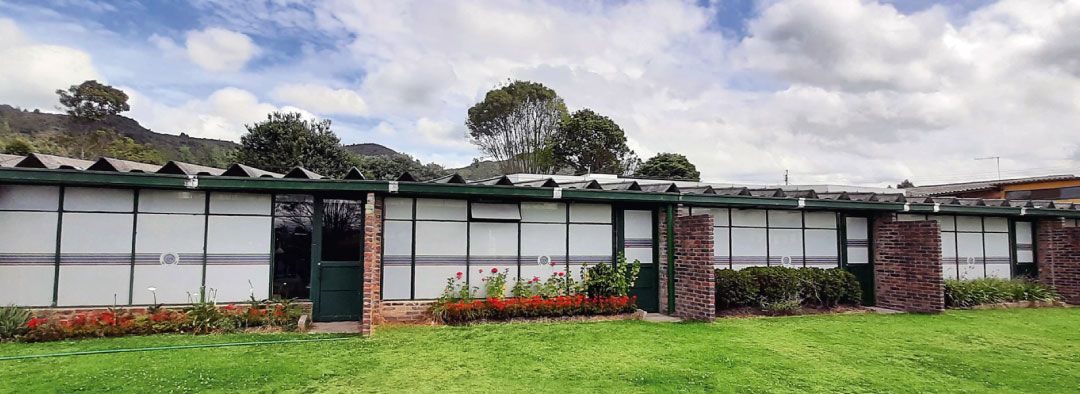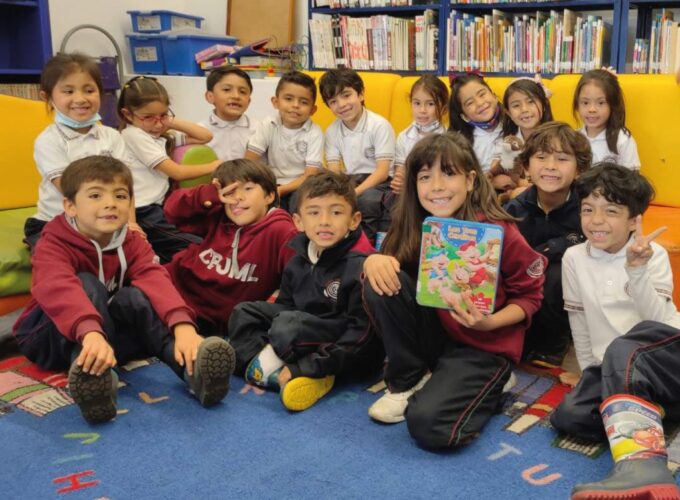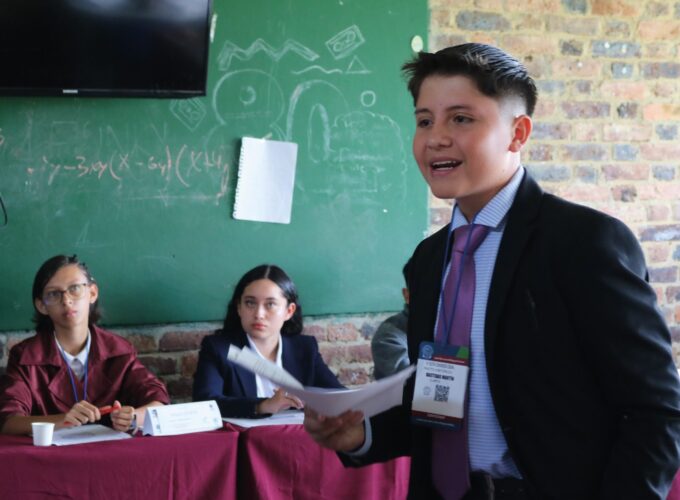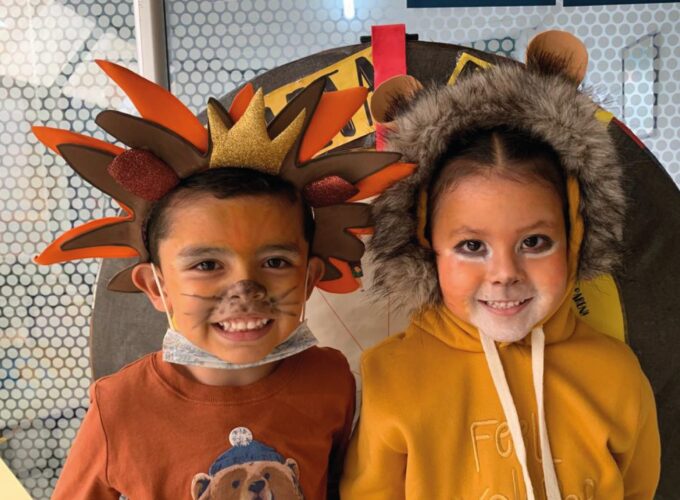
Pedagogical Proposal for Integral Development (PPID)
The Leonista pedagogical model focuses on the principles of dialogical pedagogy understood as the dialectical relationship with others and with the world for the construction of knowledge, where the teacher plays a mediating role that designs and guides development processes.
In this model, the student is the protagonist of his learning and his life project. Taking into consideration the great challenges that our students will experience in the 21st century, we work under a competency-based approach that fosters the skills, attitudes, understandings, and readiness of our students for them to act and reinterpret their individual and social reality by taking a stance and solving problems.
Our pedagogical approach respects individuality, different types of intelligences, and promotes responsibility with oneself, with others, and with the planet, understanding that the development of upstanding citizens is the ultimate goal of an educational institution. Therefore, we take a comprehensive look at the three central components of the human being: knowing, being and doing.
Knowing
It is the component that consists of the set of disciplinary knowledge that the Leonista student acquires, reflects upon, and analyzes during his integral development process. It implies respect and recognition of the scientific tradition and its application in favor of an inclusive society.
Being
It is the social-emotional component. It refers to the structuring of the solid foundations of a healthy emotional intelligence, the students’ own recognition, their strengths and areas for improvement as well as the intervention of the individual for common good.
Doing
It represents the objective evidence of academic and social-emotional learning. It is framed in punctuality, quality, and discipline.


Critical Responsibility
It is the result of logical reasoning that requires knowledge, evidence and arguments, as well as the commitment with oneself and with the others.
It is evidenced when making decisions and assuming consequences from the evaluation of realities, concepts and stances, in favor of the transformative construction of the environment.
Ethics of care
The Ethics of Care directs all the actions of our institution. In compliance with it, all the members of the school work for well-being, respect, reciprocity, the recognition of the truth and the building of values that contribute to the construction of personal and social responsibility; that allow at the same time the consolidation of a heartfelt, inclusive and peaceful community.

Authentic evaluation
It is a fundamental element of the Comprehensive Development Pedagogical Proposal of the José Max León Bilingual School.
It is of a processual and comprehensive nature, it links the components: of knowledge, doing and being of the students in their respective phases of development, allowing, based on the accompaniment and the criteria defined by each dimension of area, to demonstrate the state of development of the competences and abilities of the students, in institutionally defined times and moments.
The authentic evaluation is delimited within the following principles:
-
It is a formative process that involves the understanding, feedback and improvement in the competences and abilities of each student.
-
It is parallel to the teaching-learning process, continuous and permanent. It involves all aspects of the student’s experience within the school context.
-
It is a process that involves all the actors in the educational process.
-
Favors autonomy and promotes student metacognition.
-
It is formally evidenced in valuations.
-
Recognize the particularities of each student.